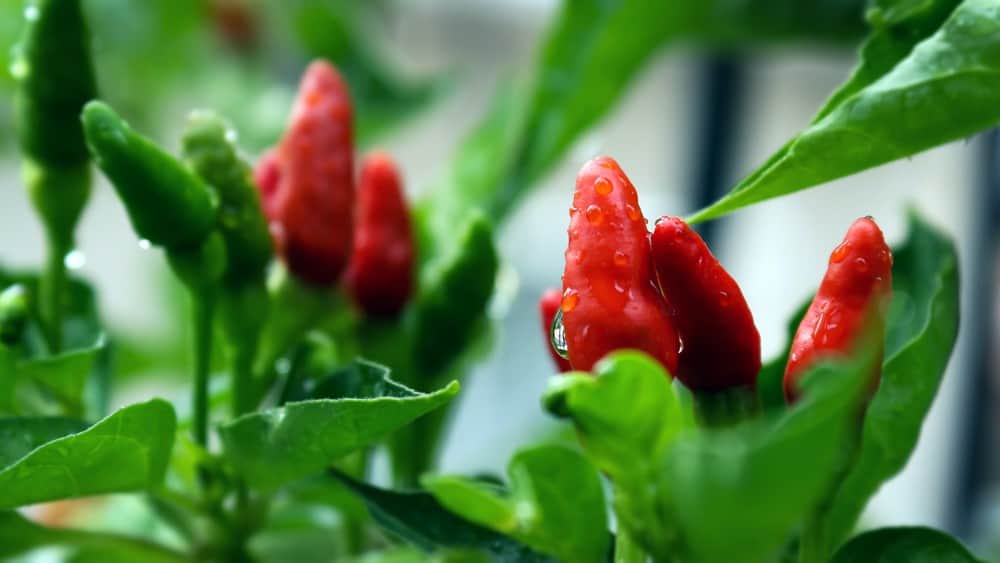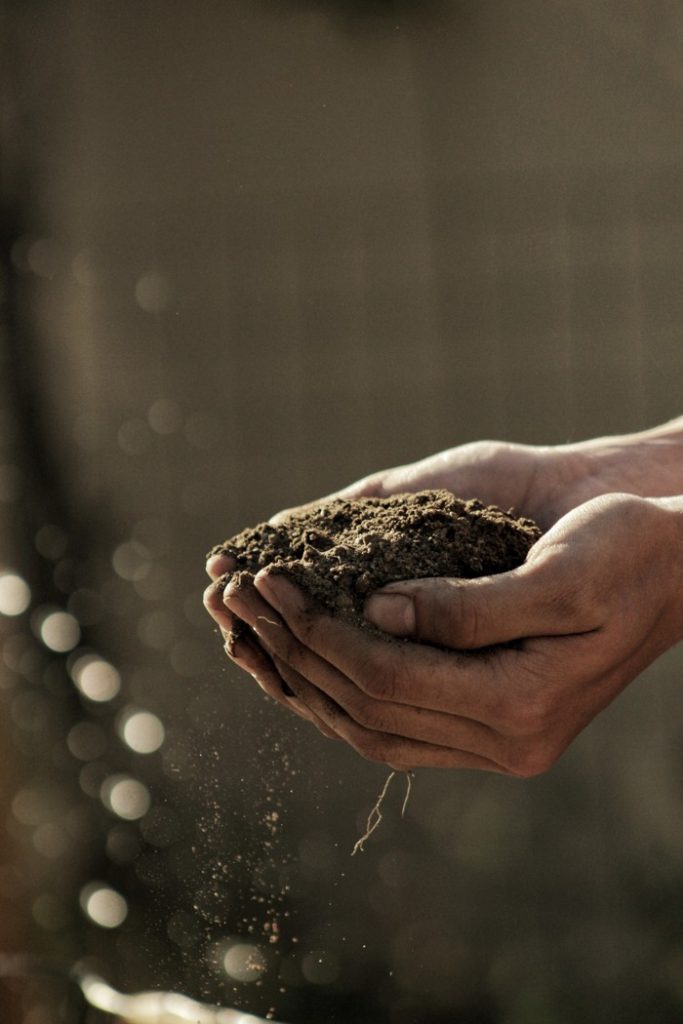The first step to planting pepper seeds is having it germinate. The germination time varies greatly for peppers, so if it takes longer than you’d think, don’t blame it on a black thumb! This may just be nature’s process and you have to be patient, as they do take longer than the typical plant (like tomatoes).
But why do pepper seeds take so long to germinate anyway? Read on as I explain the reasons why your pepper seeds take long to germinate and what may seem to be potential problems.

Why Do Pepper Seeds Take So Long to Germinate?
The germination time of pepper seeds depends on the variety and environment it’s in. Typically, it would germinate between eight days to three weeks, as long as it’s planted right. Sometimes, it can take as long as 40 days, depending on the pepper you’re planting.
But what if it takes longer than that, is there a problem with the way you cared for it? Before you blame having a black thumb, look into these factors to see if this can help begin germination:
1. Check the Temperature
Just like us people, seeds will be most active at specific temperature ranges. While some seeds would sprout at temperatures as low as 60 degrees F, they would germinate best at temperatures of around 85 degrees F.
As we all know seeds and plants require sunlight and heat to prosper! And if your seeds start tin overly cold conditions, they tend to rot before they even germinate. If they do still sprout, it takes very long and they may develop into weaker and spindly plants.
That’s why gardeners who live in colder climates would have their upper seeds grow indoors with a bottom-heat source. After the weather begins to warm, that’s when the seeds are transferred outdoors.
If your area is usually cold and lower than 60 degrees F at night, then it’s best to start growing them indoors. If the temperatures range between 60 to 85 degrees F, then you can grow them outdoors without issues in germination.
2. Be Patient
A lot of peppers grown in gardens come to form the pepper species Capsicum annuum, which are sweet bell peppers and hot pepper varieties like jalapeños or poblanos. These are what can take up to three weeks to germinate.
But if you have another pepper variety that belongs to the Capsicum chinense group like ghost peppers, Scotch Bonners, or the Habaneros, they require a lot more time to begin. Ghost pepper seeds can take up to four months to germinate, with others taking up to a month before it experiences change.
Furthermore, these hotter peppers require warmer temperatures of over 85 degrees F to sprout.
3. What’s Your Soil Quality?
Pepper seeds need a good environment, specifically soil quality. These seeds would perform poorly when growing in acidic soil and while it doesn’t seem to be a huge concern for indoor seed starters, it may matter more since most mixes would include a combination of peat moss or sphagnum moss, which is highly acidic!

So if your pepper seeds aren’t sprouting when using a peat-based mix, look into using soil mixes that include coir or coconut fiber. These are closer to neutral levels on pH scale levels, which can help encourage germination.
4. Is It a Bad Seed?
If your pepper seed takes long to germinate, even longer than four months, then chances are that it just wasn’t destined to sprout. This usually happens when using a bad seed, particularly old seeds, which dents its germination rate.
When stored in air-tight containers with desiccants and placed in a fridge or freezer, pepper seeds may remain viable for 25 years. But the seed vigor would lower after about five years when they are stored only in room-temperature.
Before you use seeds from packets over a few years old, test them. Pour the seeds in a cup of water and discard those that float.
Besides this, seeds from hybrid plants would weaken yearly. While they continue to sprout and grow into full-sized plants, sometimes the genetic material in the seeds vary greatly to the point the seeds don’t germinate at all.
Be sure to invest and use seeds that come from open-pollinated or heirloom varieties. Don’t save seeds from gardens if you have multiple pepper varieties or hybrids.
If ever you’ve exhausted all options, the best thing to do is to use new seeds and evaluate the soil situation. Try the next season and hopefully, things begin to improve with patience and perseverance!
Do you want to know more about seed germination with pepper plants? Check out this informative video:
Wrapping It Up
Pepper seeds usually take weeks to germinate and that’s normal, and they will soon sprout with the right environment. You have to especially take note of the temperature and pepper variety to ensure that they go through the timely process. If not, then you may want to try again next gardening season instead to see what you can do to make it right.
I hope that this article answers your question: “Why do pepper seeds take so long to germinate?” Now that you know the possible reasons why evaluate what may be wrong with the seed or its environment to remedy the situation!